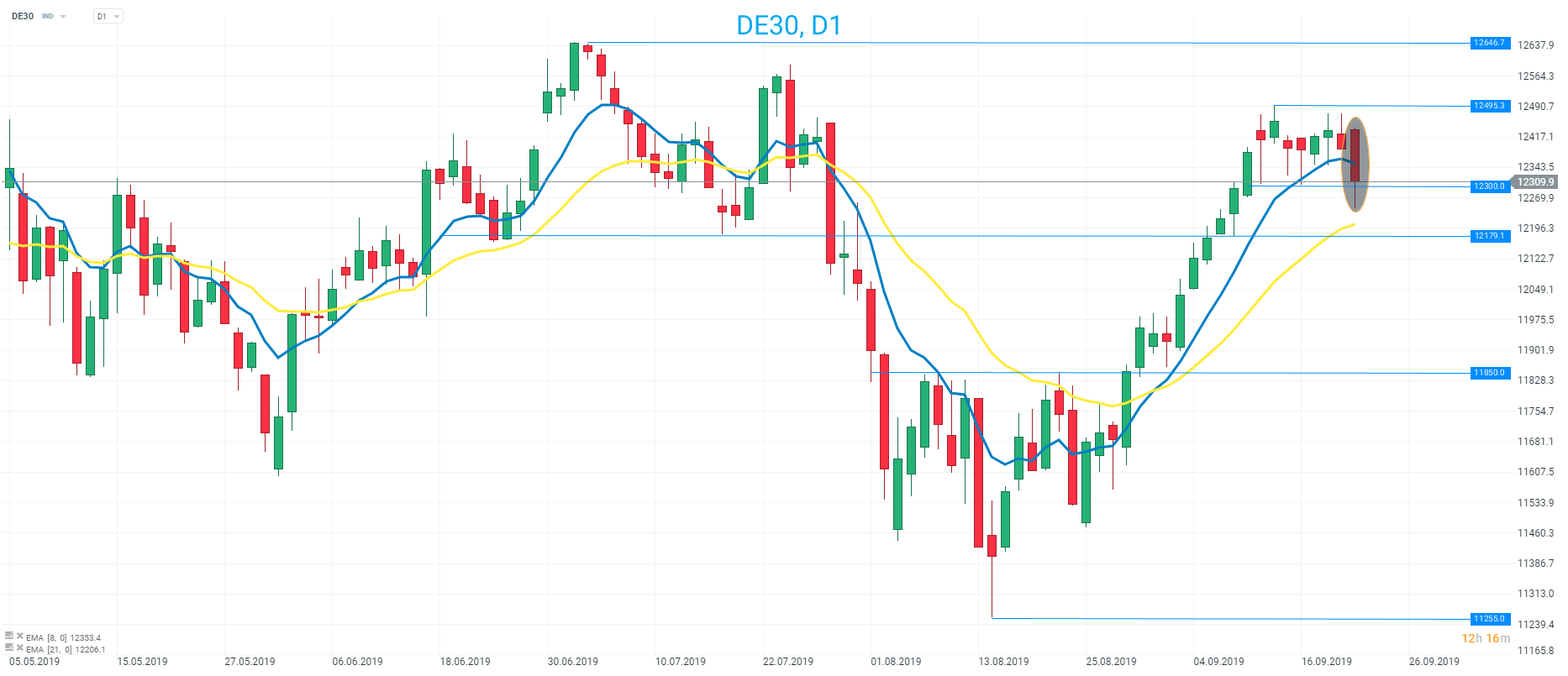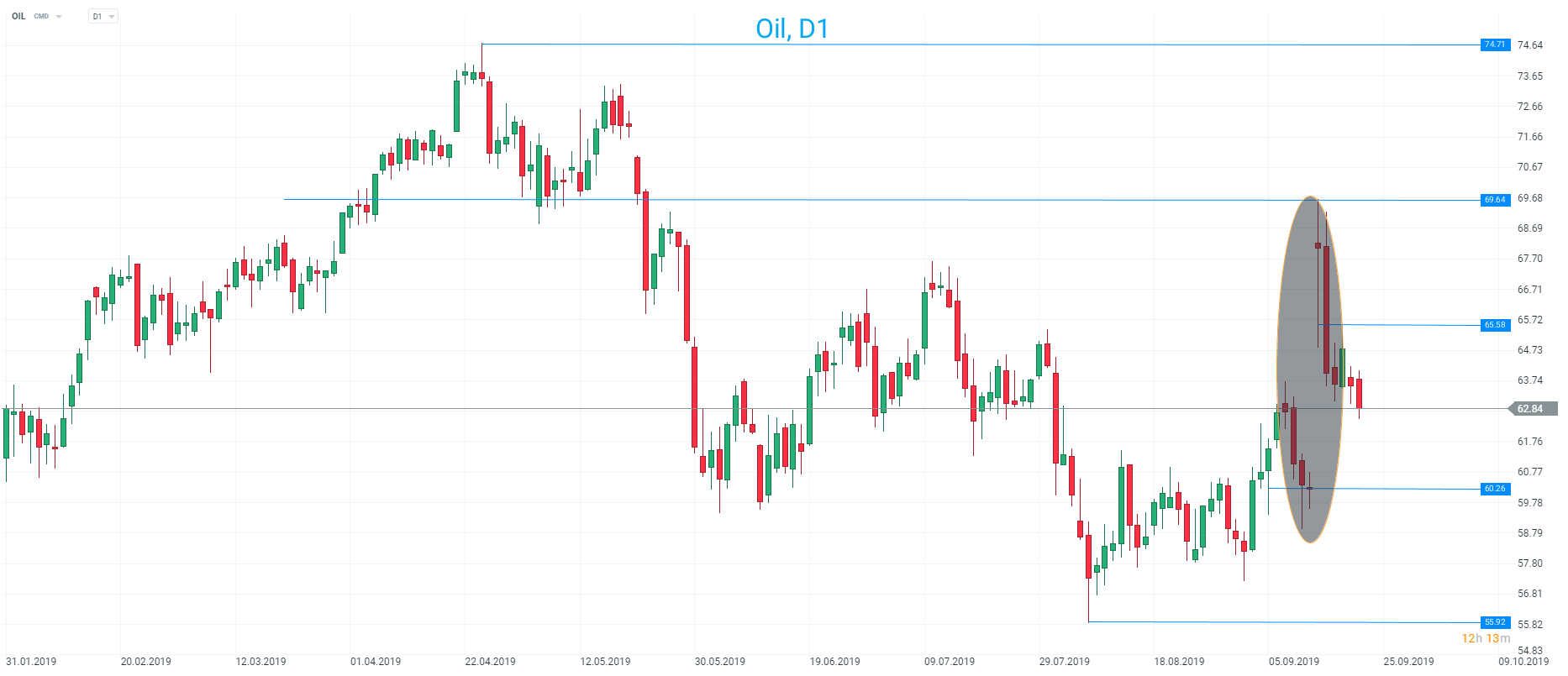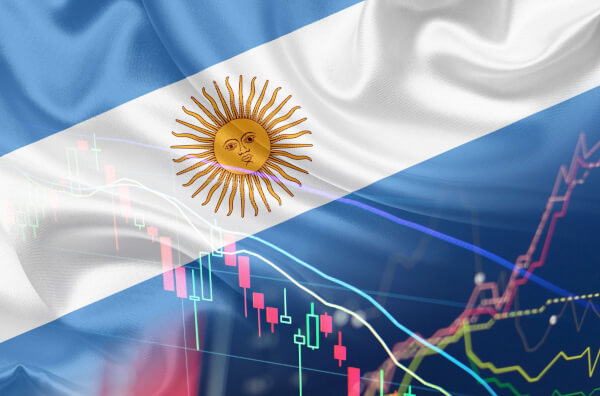Resumen:
-
Thomas Cook falla en sus últimos intentos de evitar la bancarrota
-
Los débiles datos de Europa lastran a la renta variable y al EUR
-
La plataforma petrolífera de Arabia Saudí tardará más de lo esperado en ser reparada
Thomas Cook, la compañía de viajes más longeva del mundo ha entrado en situación de quiebra con efecto inmediato, tras conocerse que las últimas negociaciones con acreedores, tanto los accionistas como el gobierno británico han fallado en su intento de salvar a la firma de viajes con 178 años de antigüedad. Tras un período intenso de lucha por parte de la misma, reportando pérdidas de 1.5 billones de GBP en el primer semestre del año, a nadie le soprende que esta situación se haya producido, habiendo seguido los movimientos de la compañía en los últimos años. Las estimaciones del número de turistas en vacaciones se sitúa en el rango de 600.000, de los cuales aproximadamente un 25% son británicos; esto significa que la quiebra de Thomas Cook podría conllevar la mayor operación retorno de todos los tiempos. 16.000 turistas habían reservado sus vuelos en la firma para hor, con una gran parte de los mismos esperando estar de regreso a sus hogares esta misma noche.
Hasta 9.000 empleos en Reino Unido se encuentran actualmente en serio peligro, pudiendo producirse pérdidas globales de hasta 21.000 empleos. El hecho de no haber conseguido cumplir el requisito de devolución de los 200 millones de GBP cedidos por acreedores ha hecho que la CAA (Autoridad Aviaria Civil) tenga que asumir el pago de 100 millones de GBP con objeto de poder garantizar que los viajeros atascados en sus destinos vacacionales retornen sin problemas a su hogar. El hecho de que el gobierno británico también haya fallado en su intento de subsanar esta situación parece ilógico en el corto plazo, si bienun paquete económico destinado a retrasar esta situación de la firma habría sido más útil, habiéndose estimado la imposibilidad por parte de Thomas Cook de revertir esta quiebra dada su elevada deuda financiera y adversa evolución de su línea de negocio, entre otros.
La renta variable europea se tambalea tras unos débiles datos
Stock benchmarks on the continent have gotten off on the wrong foot at the start of the week with some fairly significant selling seen after a raft of weak economic data releases. Leading industry surveys from both the manufacturing and services sector paint a pretty bleak picture of the European economy with the latest PMI readings disappointing on both fronts. The levels of activity seen in German manufacturing in particular are worrisome and reflective of a global slowdown in this area with the print of 41.4 for September coming in at the lowest level in over a decade while the composite PMI has fallen to levels not seen since the country was in the throes of the Eurozone debt crisis back in October 2012. The German Dax has tumbled over 150 points in response to the data to trade at its lowest level in a fortnight and there are some growing concerns that the recent rally is perhaps coming to an end.

The German Dax has tumbled since the data was released and fallen clearly below its 8 EMA (blue line) for the first time in almost a month. The 8 EMA remains above the 21 (yellow line) but a daily close below 12300 could be seen to confirm a break lower after the recent consolidation in the 12300-12495 range. Source: xStation
A flow of supportive news in the past month has caused European equities to move firmly higher with the Dax adding almost 10% from the low seen at the end of August, with positive developments on the trade front, a new large scale stimulus package from the ECB unveiled and improving economic data all contributing to the recovery. However, the final tenet listed above now looks misplaced while the belief of an improvement in US-China trade tensions is more based on rhetoric rather than actions and the failure for equities to rise further on additional rate cuts and the announcement of the resumption of the Asset Purchase Programme could prove particularly telling. The Euro is also unsurprisingly coming under pressure following the releases with the EUR/USD rate dropping below the psychological 1.10 handle to trade not far from its lowest level in a couple of years.
Aramco repairs could take months longer
Following the recent attacks on Saudi production facilities, crude oil remains of keen interest for many traders with heightened levels of volatility and some wild swings seen in the past week. Hopes that the damage was not as bad as first feared are starting to look a little misplaced with the official line from Saudi officials and executives of the state-owned Oil company Aramco that output will recover quickly looking just a touch wishful. Contractors are reportedly of the belief that it may take many months, rather than the maximum 10 weeks that Aramco executives have promised to return all operations to their pre-attack levels. Brent crude began the week higher after the reports but has since turned down to trade lower on the day with the weak European data perhaps raising questions as to the demand side of the equation.

Oil has drifted lower today after starting higher, with price drifting back towards the level where it gapped higher from after the Saudi attacks at 60.25. Source: xStation

Previa IPC de EE. UU.

Resumen diario: La plata se desploma 9%: índices, criptomonedas y metales preciosos bajo presión

Bolsa de Argentina cae casi 5% pese a aprobación de reforma laboral de Milei

NASDAQ 100 retrocede 1,5%
"Este informe se proporciona sólo con fines de información general y con fines educativos. Cualquier opinión, análisis, precio u otro contenido no constituyen asesoramiento de inversión o recomendación en entendimiento de la ley de Belice. El rendimiento en el pasado no indica necesariamente los resultados futuros, y cualquier persona que actúe sobre esta información lo hace bajo su propio riesgo. XTB no aceptará responsabilidad por ninguna pérdida o daño, incluida, sin limitación, cualquier pérdida de beneficio, que pueda surgir directa o indirectamente del uso o la confianza de dicha información. Los contratos por diferencias (""CFDs"") son productos con apalancamiento y acarrean un alto nivel de riesgo. Asegúrese de comprender los riesgos asociados. "


